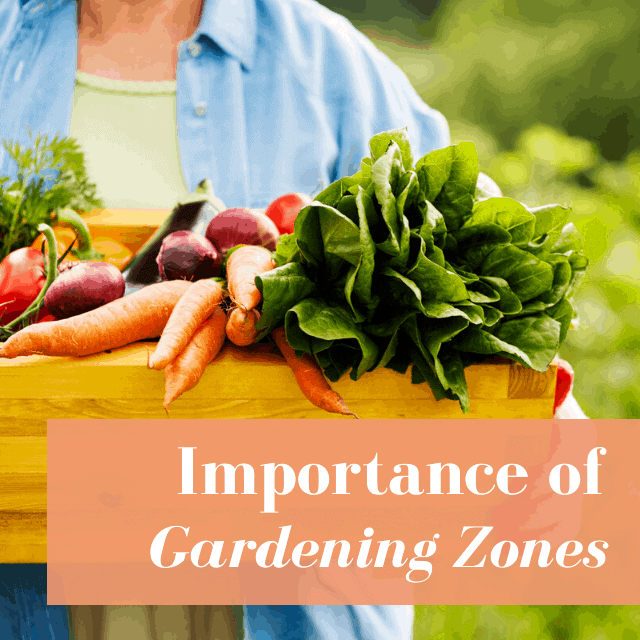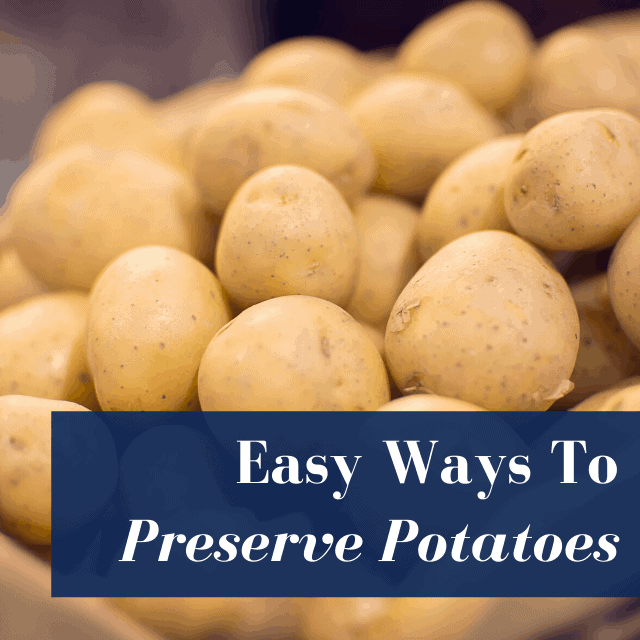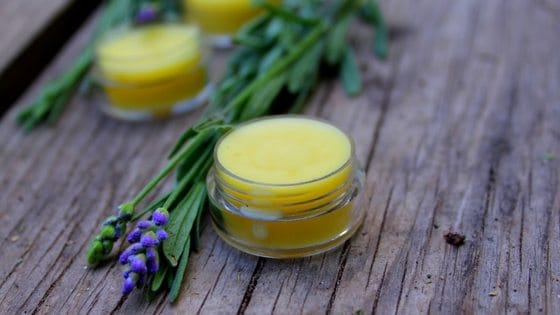Although we try to grow and harvest as much as we can on our homestead, there are some things that we just can’t (my goats seem to find fig trees particularly delectable).
So, when a major corporation makes a move towards being more sustainable and giving conscious consumers another option besides products with difficult-to-pronounce ingredients, it always makes my heart soar.
That’s why I’m happy to partner with Dannon (the yogurt maker) for this article.
[This post contains content sponsored by The Dannon Company, Inc. The opinions expressed in my post are my own. For more information on Dannon’s move toward sustainable agriculture, naturality, and transparency, and non-GMO ingredients, visit www.dannonpledge.com and www.dannon.com/ingredients]
So, what’s the deal?
One of the biggest yogurt manufacturers in the world recently made the Dannon Pledge to offer non-GMO yogurts to their buyers. That means when you see Dannon, Oikos, and Danimals brands (which comprise 50% of sales) on the grocery aisle, they will be available with non-GMO ingredients.
To make this even better, Dannon also is trying to source non-GMO feed for their cows. And since you are what you eat (and what your food eats), this is a pretty exciting step towards sustainability!
Now, if you’re wondering about a time frame for all this new exciting yogurt, Dannon has pledged that by the end of 2017, the Dannon brand family (so all their products) will be non-GMO, and their cows will only consume non-GMO feeds.
What about before December 2017?
Dannon has pledged that until all their products are non-GMO, they will be completely transparent on their labeling.
They’ve voluntarily committed, whether or not the government passes laws, to declare on their labels if their products contain GMO ingredients to help you make a better buying decision.
Dannon has committed to sourcing their milk only from dairies they directly know, and are the first of the national leading yogurt makers to do so.
What about animal welfare?
We all know that it’s not just about non-GMO products and cows that eat non-GMO feed; it’s also about the quality of lives that the animals have.
Dannon is committed to making sure their milk is sourced from cows with happy lives, and are implementing systems to ensure the welfare of their cows using the Validus Certification system.
(If you don’t know what this is, it’s a group that’s USDA approved and uses third-party organizations to ensure all animals are treated fairly and humanely).
By July 2016, more than 90% of Dannon’s milk supply will come from farms that are Validus certified.
So, you can be sure that if you buy Dannon yogurt, it’s coming from cows that have been humanely treated.
If you’re not interested in making yogurt at home, and you want to make a socially and environmentally-conscious choice, then check out Dannon’s yogurts next time you’re at the supermarket.
I’d like to hear from you!
What do you think of the Dannon Pledge? Leave a comment below!
Maat van Uitert is a backyard chicken and sustainable living expert. She is also the author of Chickens: Naturally Raising A Sustainable Flock, which was a best seller in it’s Amazon category. Maat has been featured on NBC, CBS, AOL Finance, Community Chickens, the Huffington Post, Chickens magazine, Backyard Poultry, and Countryside Magazine. She lives on her farm in Southeast Missouri with her husband, two children, and about a million chickens and ducks. You can follow Maat on Facebook here and Instagram here.





![Real Homesteader Stories Episode 5!: The Ditch That’ll Save Us All, Broody Hens, & Duckling Update! [Video]](https://thefrugalchicken.com/wp-content/uploads/2017/05/Real-Homesteader-Stories-episode-5.jpg)
![5 Supplements For Healthier Eggs That Yield BIG Results For YOUR Health [Podcast]](https://thefrugalchicken.com/wp-content/uploads/2016/05/supplements-for-healthy-eggs-feature-min.jpg)
I am very excited about Dannon and will be willing to buy their products in the future again. As of a couple of years ago they were one of the brands but on my “no no list”. However some of the wording in this article worries me. You say that they are going to use non-gmo ingredients and use milk from cows fed non-gmo feed. Isn’t this the same thing? I am not trying to be a smarty, I am really wondering. In my head non-gmo ingredients are from non-gmo animals fed non-gmo feed. I mean isn’t the milk gmo at the point of gathering it from the cow? The animal is what it eats too. Thanks for any clarification.